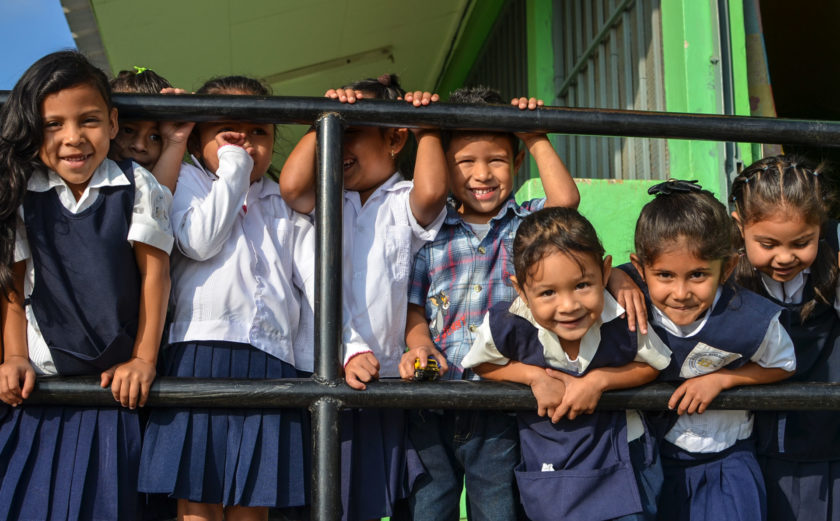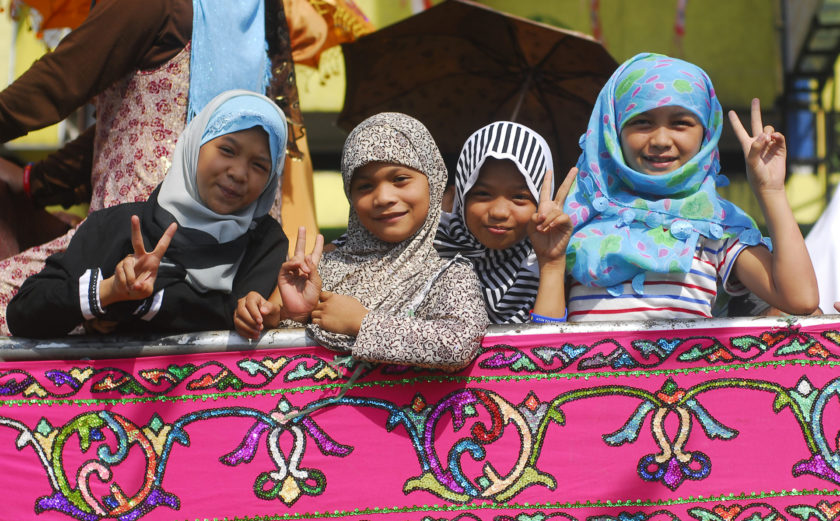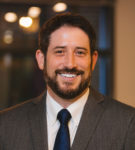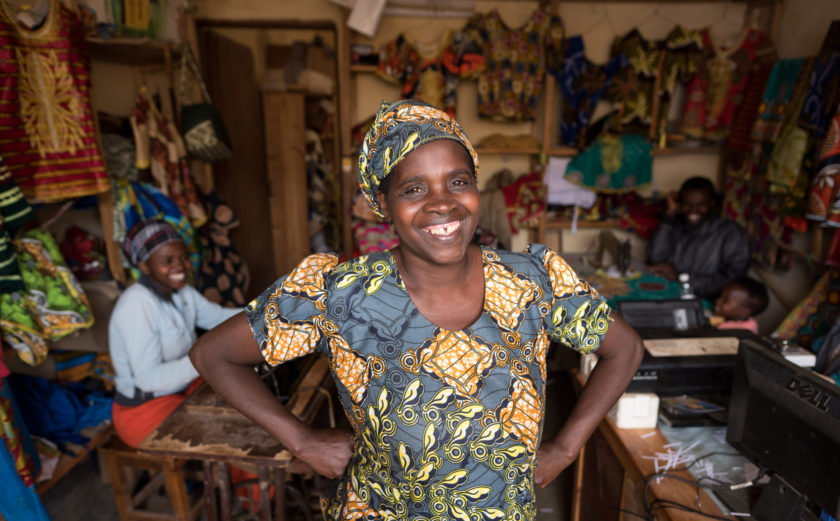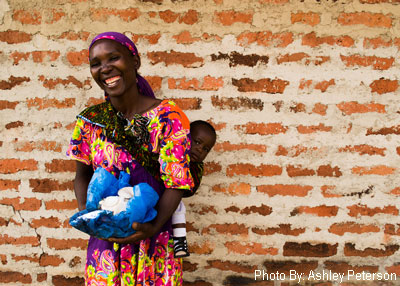
Supporting Mothers Through Education
This May we celebrate mothers – with their endless love, guidance, passion and drive, they not only shape the lives of their children, but they impact lives throughout their larger communities. This is true in the developed world like the U.S. where mothers are often the heads of their households with meticulous schedules and to-do lists; where they’re called to action at work, in PTOs and soccer side lines; where they mobilize to lend their collective voices to change policy and social norms. These are warrior moms to be sure. But while mothers in the developing world do not have massive SUVs, board rooms or bake sales to worry about, they equally have the power to effectuate change in impoverished communities across the world.
In countries like Sierra Leone, women, specifically mothers, are the rock of their communities. Like all mothers, they fiercely want to protect their children, so the responsibility falls on them when their families, neighbors, and villages need water and food or a helping hand when illness or disaster strikes.
When I first started World Hope International, I visited a remote village in Sierra Leone, which ranks as the worst country in the world for under-5 mortality: Nearly 182 out of every 1,000 children die before their fifth birthday. Because of these devastating statistics, the women there were being taught oral rehydration therapy to help their children who had become severely dehydrated due to water-borne illness. They were also learning how to properly store and take care of water to avoid future outbreaks.
While the programs I witnessed were impressive, what I found truly remarkable about my visit was that education was the key to helping these women, their children, and their entire villages, long-term. Due to their desperate need to save their children, these women were hungry for education. They wanted to know how to protect against disease and how to help their infants survive. They wanted to learn how to avoid scams that would make their children vulnerable to human trafficking and how to use their skills to earn an income for their families. What’s more, this knowledge would not only be passed on to their children but to others in the village. This trip showed me that empowering mothers through education would lead to lasting change in developing countries.
This is why I’ve dedicated much of my career in development, relief and education. So often, women in the developing world are deprived of education. But a trickle-down effect occurs when a mother is educated: the infant mortality rate goes down, violence in the home goes down, and the national economy is improved. As the African proverb states, “If you educate a man, you educate a person. If you educate a woman, you educate a nation.”
I’ve also witnessed this first-hand through a mushroom cultivation project in Cambodia. In Cambodia, 80 percent of the population lives in rural areas, where the primary occupation is rice farming which only occurs from May to November. To help ensure a year-round cash flow for rural farming families, World Hope International teaches female heads of households how to create mushroom gardens out of waste from last season’s rice harvest. Several crops of mushrooms can be grown in a single year and sold at local markets, helping to double the family’s annual income. Farming families who were once separated in pursuit of income opportunities, can now stay together all year long; they can afford to drill borehole wells that provide life-saving water for their crops and their neighbors; and they can now afford to send their children to school, supporting education for a new generation.
Through educational programs such as this, moms across the globe are learning to be the eyes in their communities that help fight trafficking; they are learning and actively working towards reducing infant mortality; they are arming themselves with entrepreneurial skills that help to create sustainable long-term income for families. This month, as we give thanks to all the mothers who are changing the world, let’s also ensure that global aid organizations can continue to provide life-saving education to this very important group within society. Our job as development professionals is to maintain this focus and empower these remarkable individuals known as Mom.
This blog post was submitted by Jo Anne Lyon, General Superintendent Emerita, Wesleyan Church and founder of World Hope International
